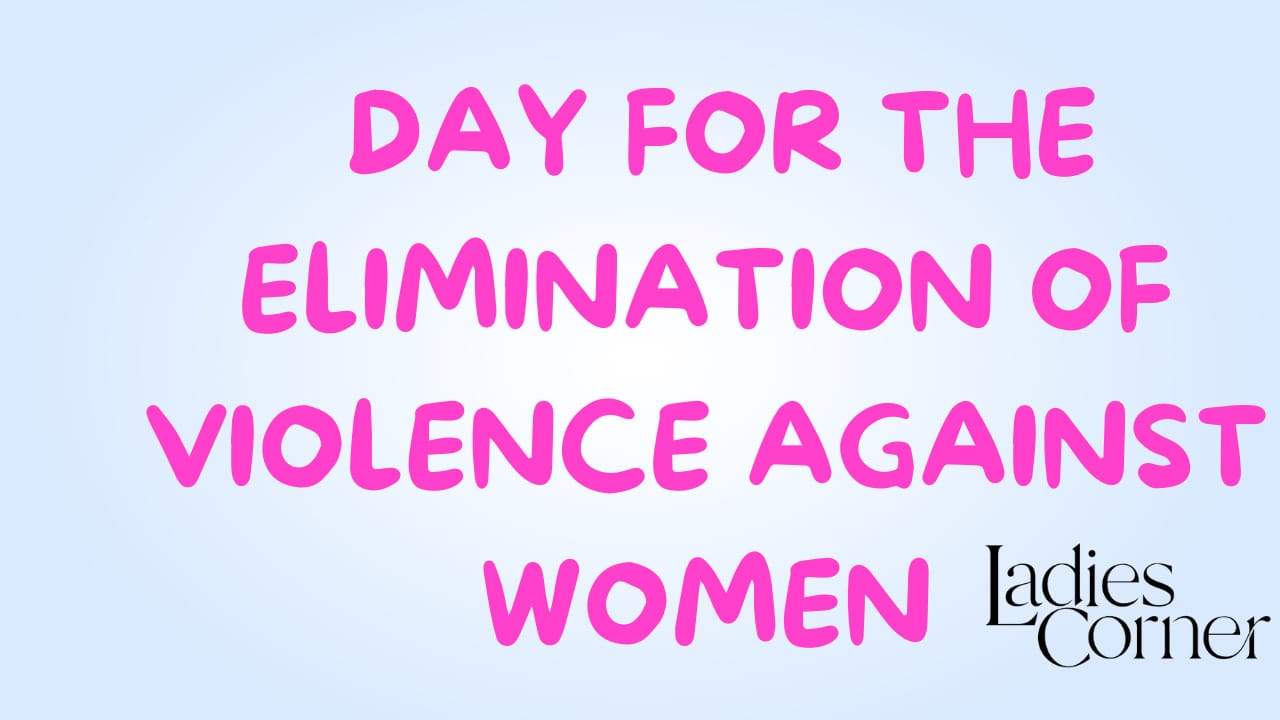
Day for the Elimination of Violence Against Women
Minister of Arts, Culture and Status of Women Tanya Fir and Minister of Indigenous Relations Rick Wilson issued the following statement recognizing International Day for the Elimination of Violence Against Women and the start of 16 Days of Activism against Gender-Based Violence:
“This is a time where people around the world work together to raise awareness about ending gender-based violence. In Canada, we will also remember the tragic deaths of 14 women on Dec. 6, 1989, in a targeted shooting at École Polytechnique in Montreal.
“Far too many of Alberta’s women, girls and 2SLGBTQQIA+ individuals face a disproportionate amount of gender-based violence, and we all must recommit to working together to keep everyone safe.
“Working together means educating ourselves about gender-based violence, knowing the risks and signs of violence, taking action to prevent it and supporting survivors. Alberta’s government is working with community leaders to develop Alberta’s 10-year strategy to end gender-based violence to ensure we secure a brighter and safer future for all Albertans.”
Tanya Fir, Minister of Arts, Culture and Status of Women
“Today, we recognize the tragic reality that Indigenous women, girls and two-spirit-plus (2S+) people experience higher rates of violence.
“Alberta’s government is working with Indigenous people to help create positive change.
Ending gender-based violence is a critical issue that requires a multifaceted approach. Here are 16 ways to contribute to this effort:
Education and Awareness: Educate people about gender-based violence, its impacts, and the importance of respecting all genders.
Empowerment Programs: Create programs that empower women and marginalized genders, boosting their self-esteem and independence.
Legal Reform: Advocate for and implement legal reforms to protect victims and punish perpetrators of gender-based violence.
Safe Spaces: Establish safe spaces and shelters for victims to seek refuge and receive support.
Support Services: Provide comprehensive support services including counseling, legal aid, and medical care for survivors.
Community Engagement: Involve community leaders and members in discussions and actions to prevent and respond to gender-based violence.
Gender Sensitivity Training: Implement gender sensitivity training in schools, workplaces, and communities.
Media Campaigns: Use media campaigns to challenge and change societal norms that perpetuate gender-based violence.
Economic Support: Offer economic support and job training to survivors, helping them become financially independent.
Research and Data Collection: Conduct research to understand the extent and nature of gender-based violence and develop targeted interventions.
Youth Education: Teach children and young people about healthy relationships, consent, and gender equality.
Strengthen Reporting Mechanisms: Ensure there are easy, safe ways for victims to report incidents of violence.
Policy Advocacy: Advocate for policies that prioritize the prevention and response to gender-based violence.
Men and Boys Involvement: Engage men and boys as allies in the fight against gender-based violence, educating them about the importance of gender equality.
Cultural Change: Work towards changing cultural norms and practices that discriminate against or harm certain genders.
International Cooperation: Collaborate with international organizations and governments to share knowledge, strategies, and resources in combating gender-based violence globally.
Each of these strategies plays a vital role in the broader effort to eradicate gender-based violence and promote a safer, more equitable society.



